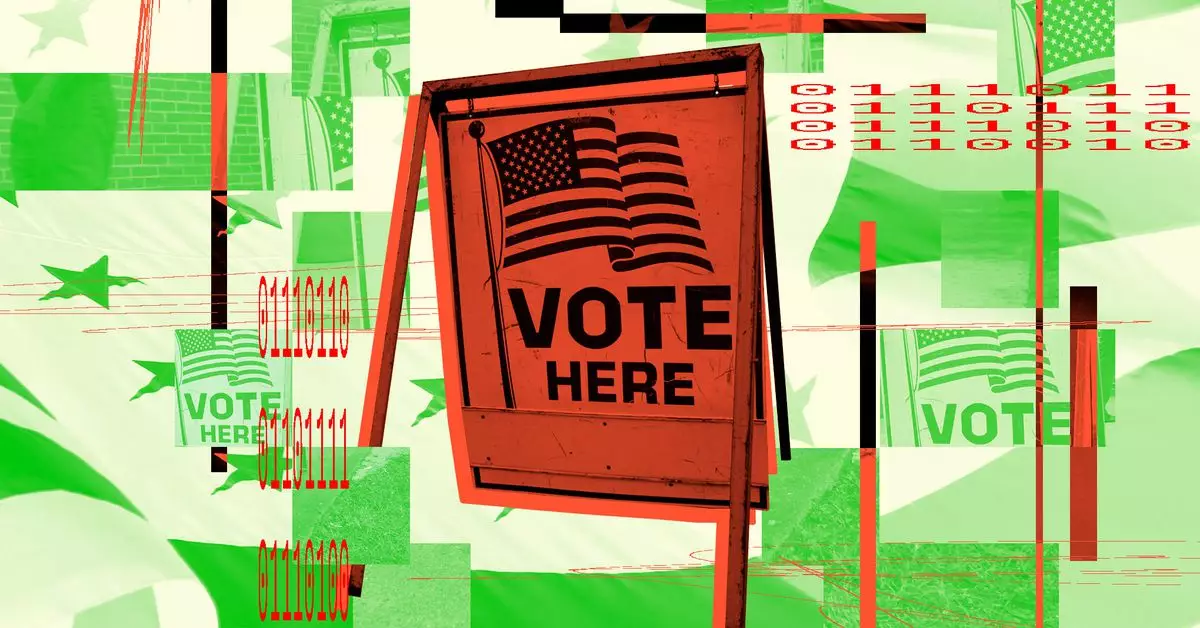After Lara Trump’s release of an autotuned track titled “Anything is Possible,” the Democrats have retaliated with their own musical response called “Party’s Fallin’ Down.” This unexpected musical exchange between political figures has sparked curiosity and debate among the public.
The track “Party’s Fallin’ Down” was released three days ahead of schedule, catching many off guard. Described as “a new AI-generated song about Lara Trump’s rocky start as RNC co-chair,” this musical response was shared on a SoundCloud page and promoted on TMZ. DNC Chair Jaime Harrison and the Democrats’ rapid response team also endorsed the track, adding to the buzz surrounding its release.
While some may find humor and entertainment value in this musical exchange, others view it as a frivolous and unnecessary use of resources. Harrison criticized Lara Trump’s music career as “embarrassing, unserious, and a waste of money,” highlighting the stark contrast in approach between the two parties. The Democrats took a jab at the Republicans for investing time and money into a musical endeavor that they deemed unworthy of such resources.
The use of generative AI in creating political content raises questions about the boundaries of technology in the political landscape. The incorporation of AI-generated music in a political context sets a precedent that may have lasting effects. As we navigate the intersection of technology and politics, it is essential to consider the implications of utilizing AI in such creative endeavors.
As this musical exchange unfolds, it serves as a reminder of the evolving nature of political communication strategies. The introduction of music as a form of political expression adds a new dimension to the interaction between political parties. Whether this trend will continue or fade away remains to be seen, but it undoubtedly opens up new possibilities for engagement and discourse in the political arena.
The release of “Party’s Fallin’ Down” in response to Lara Trump’s musical venture signifies a shift in the traditional modes of political communication. The use of AI-generated music and social media platforms to convey political messages reflects the changing landscape of political discourse. As we witness this new trend taking shape, it prompts us to reflect on the evolving dynamics of political engagement in the digital age.


Leave a Reply